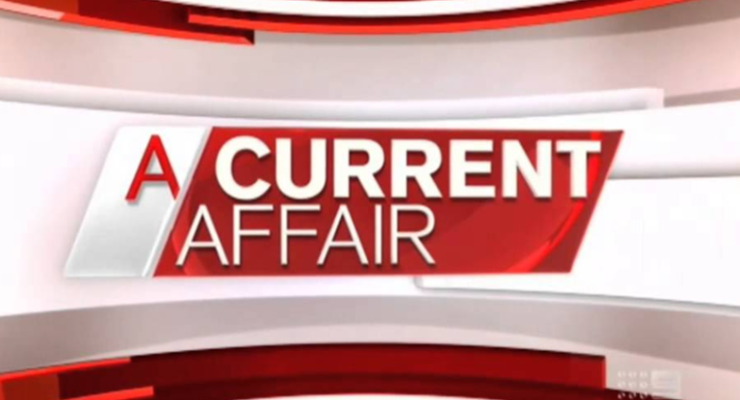
A Queensland video game developer is suing the Nine Network for more than it’s worth in what he says is lost earnings after an A Current Affair story aired in 2014.
Kyle Hodgetts says his video game, Virtual Earth Online, would have been as big as Minecraft (one of the most popular video games ever made) if it had been released two years ago, but he was unable to launch it because potential investors who googled him found the ACA story, titled “Kyle the Con”. Earlier this year he launched the action in the Queensland Supreme Court asking for almost $2.5 billion in damages for defamation plus costs — he said his game could have sold more than 50 million copies if it weren’t for the story. That is more copies than Super Mario Bros. (or any of its spinoffs), Call of Duty (or any of its spinoffs) or any Pokemon game have sold.
He claims the story portrayed him as a conman and untrustworthy.
Hodgetts told Crikey he was confident he could win the case.
“They’ve really messed with the wrong person … I personally think this will be a landmark case, it’ll be Australia’s biggest defamation case. It’s my opinion this will never make it to court. The Nine Network must settle this. If I win this lawsuit, they lose their company.”
And he doesn’t think the figure is overblown.
“It’s an industry that has potential to make stunning amounts of money. This video game had the potential to make literally billions of dollars … and they just decimated it.”
While working on the game, Hodgetts developed and sold rights to solar energy batteries he’d developed, which ACA alleged were not fit for purpose, as well as alleging unpaid rent and fraud. He’s also suing two of the people interviewed on the program, who made some of the allegations. The original ACA story is no longer online, but Hodgetts still has an annotated version on YouTube that shows what he says are the inaccuracies in the program.
Hodgetts was working on the game when the story aired, and he hasn’t sued earlier because he was in financial trouble and his wife was unwell.
But he says the story put a two-year delay on releasing his game, and since the story remained online, he could “definitely prove substantial losses”. He’s put about a $1 million into the game so far, and he’s sold about 20% of his company to investors, who he said were mostly mum and dad investors. The game is ready to go, he says, but he can’t afford the servers and infrastructure without bigger investors — he says two investors were excited about the game until they saw the ACA story online.
Nine is defending the allegations, saying in a defence filed to the court that the imputations and damages could not be proved. The network had no further comment.








ACA should point out that the giant pile of blockgame nerdmoney should have gone to Zachtronics for their game ‘Infiniminer’.